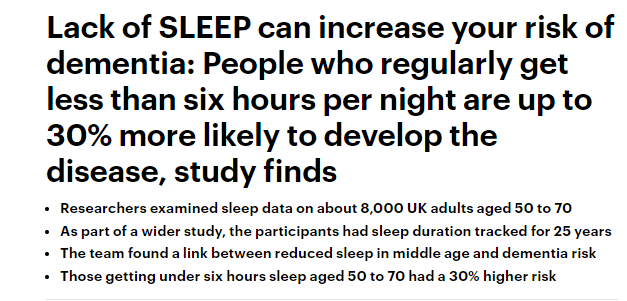
It's now been 2 months since this paper on stay-at-home orders was published in @SciReports, so I thought I'd do a quick update 
https://twitter.com/GidMK/status/1369078568844595200

After we put together a fairly detailed critique, @lonnibesancon, @RaphaelWimmer, @FLAHAULT and I preprinted the work online here osf.io/63efj/
At about the same time, the journal added an editor's note saying that the conclusions are subject to criticism
At about the same time, the journal added an editor's note saying that the conclusions are subject to criticism
In the two months since, the paper has hit an Altmetric score of 10,824. It's been in the news dozens of times, and has been read by 343,000 people
Pretty huge impact!
Pretty huge impact!
I think it's not unfair to say that this single paper has had quite a large impact on COVID-19 interventions worldwide, despite some fairly big issues (here's the conclusion of our letter) 

The fact that a paper can change worldwide policy even while scientists are debating whether the conclusions are meaningful in any way is an amazing indication of how unprepared science in general was for a global pandemic
• • •
Missing some Tweet in this thread? You can try to
force a refresh








